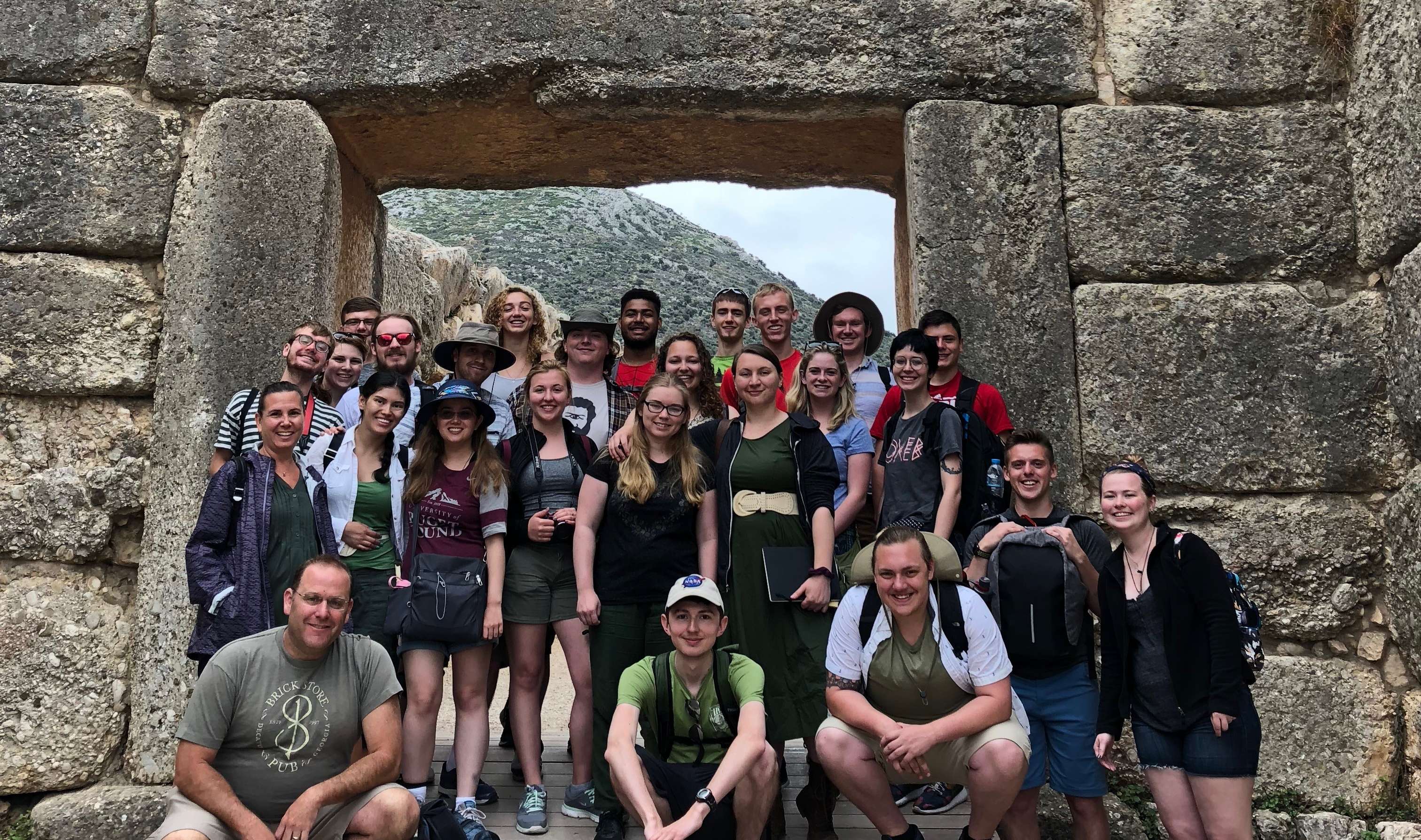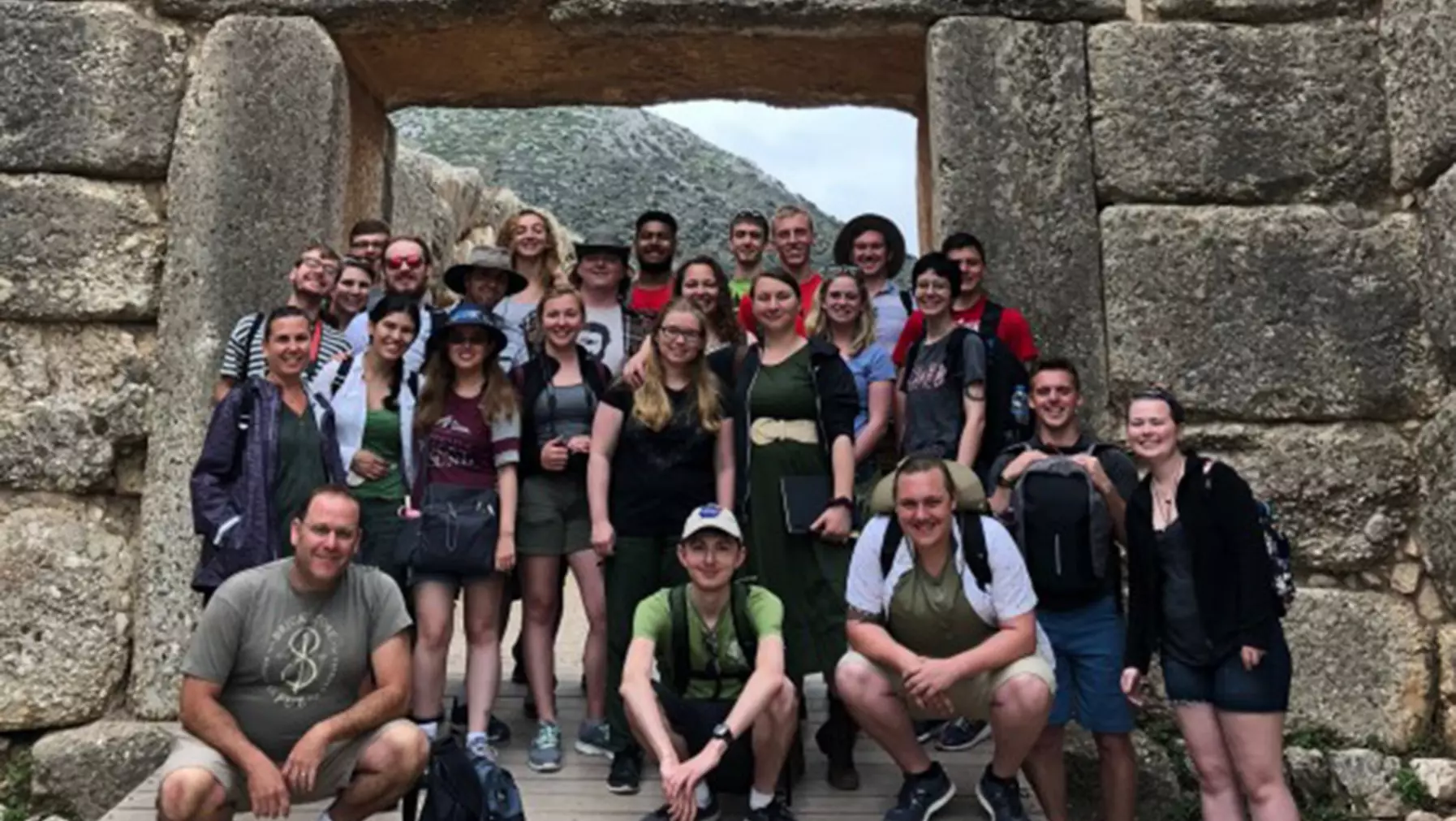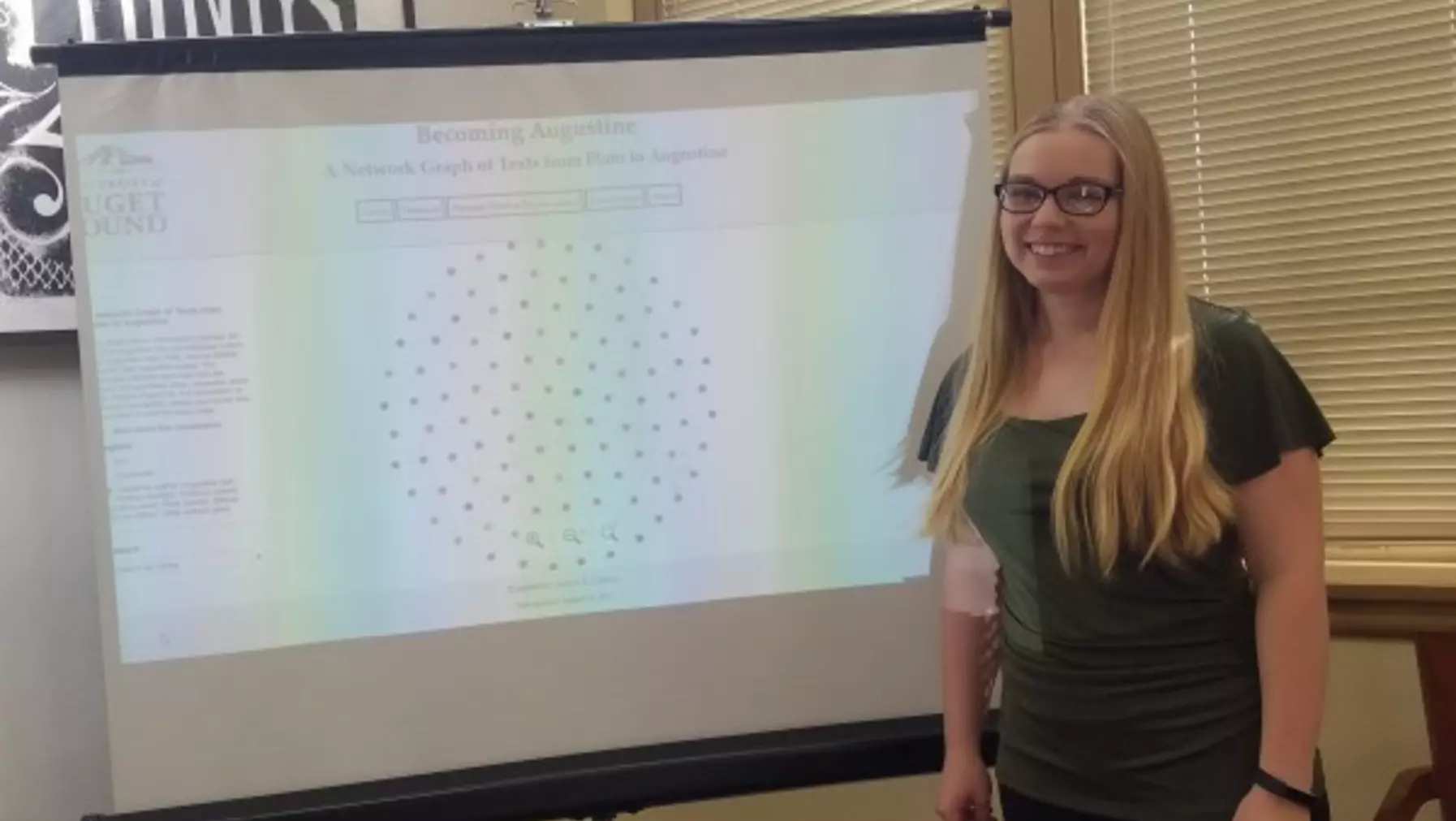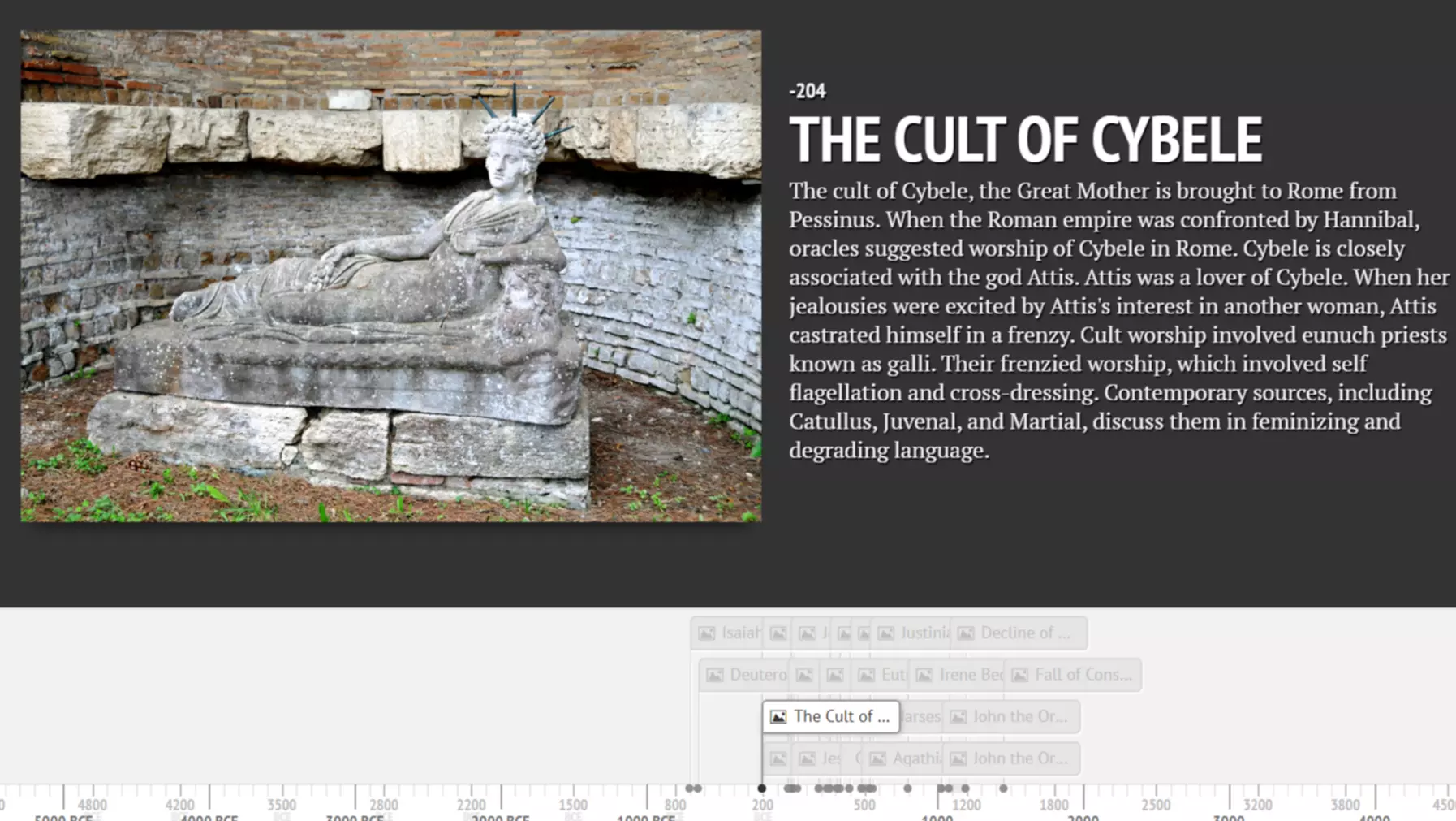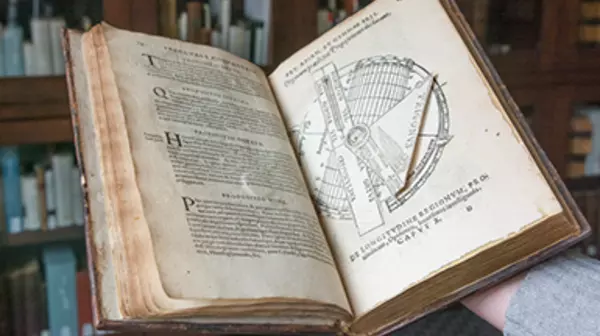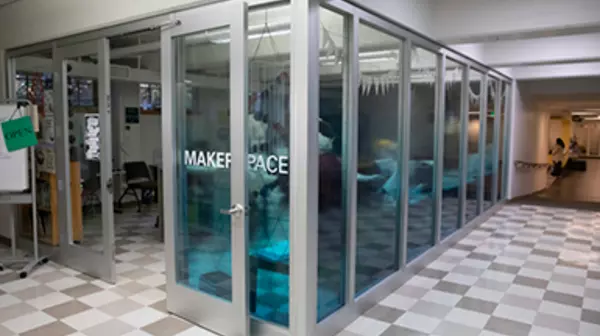What makes us human? Should the needs of the many take priority over the needs of the few or the one? What place should immigrants have in our society? What does the divine want from us, and should this be a concern of the state? Courses in Greek, Latin, and Ancient Mediterranean Studies allow students to explore how the ancient Greeks and Romans wrestled with such questions, and point us to age-old answers and unimagined possibilities.
Studying the languages, literature, myth, history, and art of the ancient Mediterranean world helps students explore what is distinctive about that world and what links it to our modern one. Courses in a diverse range of subjects encourage students to confront their own values and to better understand the cultural assumptions of our present world. Course topics include Greek and Latin literature (in the original languages and translation), ancient religions including early Judaism and Christianity, and gender and sexuality.
